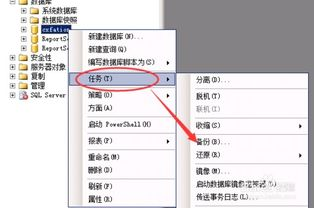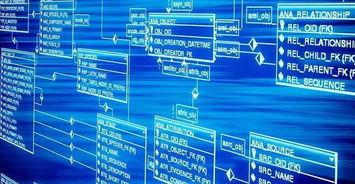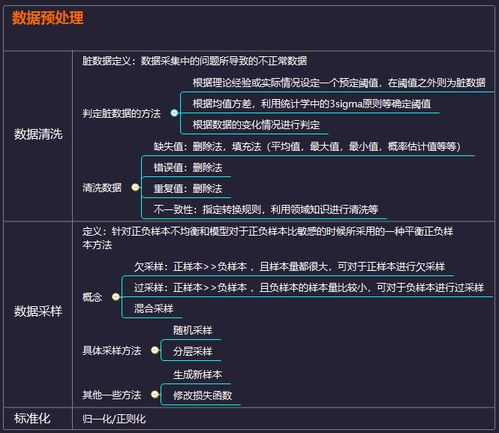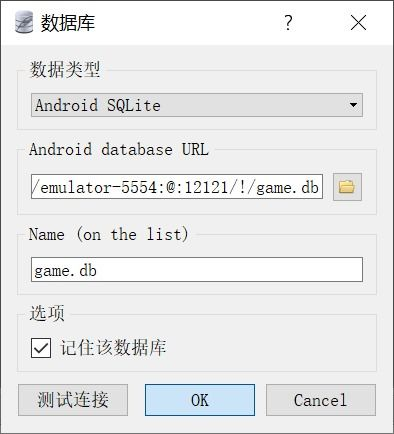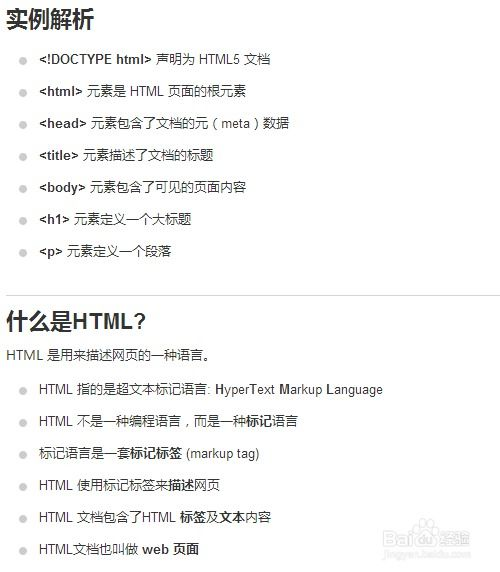Transitioning to Golang: Essential Skills and Knowledge Needed
Understanding Go's Fundamentals
To successfully transition to Golang, developers must first grasp the foundational concepts of the language. This includes understanding Go's syntax, control structures, and data types. Go is known for its simplicity, making it easier for those familiar with programming languages such as Python or Java to learn.
In particular, developers should focus on learning about Go's unique features, such as goroutines, channels, and interfaces. Goroutines allow concurrent programming, which can significantly enhance application performance. Channels provide a way for goroutines to communicate, making it essential to understand how to utilize them effectively.
Moreover, developers should familiarize themselves with Go's standard library, which offers numerous packages to assist in developing various applications. Understanding how to leverage these packages will streamline development processes and enhance productivity.
Developing Problem-Solving Skills
Transitioning to Golang also requires strong problem-solving skills. Developers should be adept at breaking down complex problems into smaller, manageable parts to design efficient algorithms. Go promotes a straightforward and pragmatic approach to solving problems, which aligns well with these skills.
Practicing coding challenges on platforms such as LeetCode or HackerRank can greatly enhance one's ability to think critically and solve problems efficiently in Golang. Understanding how to analyze time and space complexity is also crucial to create optimized solutions.
Additionally, participating in open-source Golang projects or contributing to community-driven repositories can expose developers to real-world scenarios and enhance their problem-solving capabilities while familiarizing them with best practices.
Mastering Go's Tooling and Environment
Another vital skill when transitioning to Golang is mastering its tooling and environment. Tools such as Go Modules for dependency management, GoDoc for documentation, and GoLint for code analysis are essential for writing clean and maintainable code.
Familiarity with integrated development environments (IDEs) that support Golang, such as GoLand or Visual Studio Code with relevant extensions, can significantly enhance productivity. Understanding how to set up a local development environment and using version control systems like Git is also crucial for collaborative projects.
Moreover, developers should learn how to write tests in Go, utilizing the testing package to ensure code reliability. Automated testing is a fundamental aspect of Go development, and being able to write effective and efficient tests will contribute to overall code quality.
In summary, transitioning to Golang requires a solid understanding of the language's fundamentals, strong problem-solving skills, and mastery of its tooling and environment. By focusing on these areas, developers can successfully make the switch to Golang and enhance their programming portfolio.
